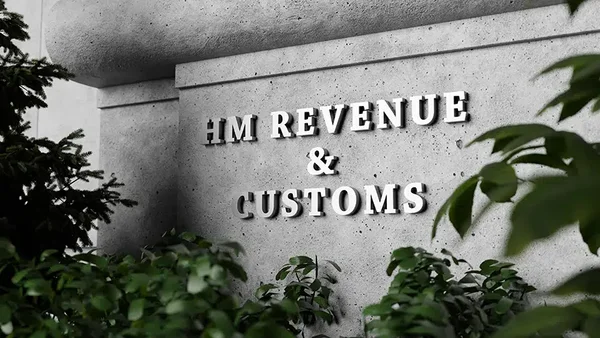Introduction
Households across the United Kingdom are being urged to exercise caution when considering the withdrawal of tax-free lump sums from their pension pots. Under existing rules, individuals can typically withdraw up to 25% of their pension tax-free, with the allowance capped at £268 275 for most savers.
Recent financial advice has highlighted concerns that speculation over potential policy changes in the upcoming Autumn Budget may prompt individuals to access their tax-free benefits prematurely.
However, experts warn this strategy could have lasting negative consequences for long-term financial security and may expose individuals to unexpected tax liabilities.
As tax rules around pensions remain a key focus for both financial advisers and policymakers, understanding the implications of early withdrawals is increasingly important for those approaching retirement.
Current tax rules for pension withdrawals
The current pension withdrawal framework allows most savers to access up to a quarter of their overall pension value as a tax-free lump sum.
According to HM Revenue & Customs (HMRC), this benefit is subject to a lifetime allowance, which is generally capped at £268,275. Those who take out more than this tax-free threshold are required to pay tax on the additional sum withdrawn. This rule is designed to provide pensioners with flexibility while protecting long-term retirement savings from avoidable depletion.
While these arrangements remain in place, recent speculation about potential changes in tax policy has heightened attention among retirement savers. Discussions have intensified in the lead-up to the anticipated Autumn Budget, with many seeking to secure their tax-free entitlement amid uncertainty about future rules.
Tax implications of pension lump sums
Accessing a tax-free pension lump sum can have several unintended tax consequences. Financial advisers have cautioned that once withdrawn, these funds may be outside the protective tax wrapper of a pension, meaning they could become liable for inheritance tax, capital gains tax, or further income tax, depending on how the funds are used or invested in the future.
Officials note that the removal of pension funds from their original environment can reduce both the future growth potential of the remaining pension and any associated tax advantages. This can result in lower long-term returns and a reduction in income available during later retirement years.
Financial advice on timing withdrawals
Financial experts urge pension savers not to rush decisions around tax-free lump sum withdrawals, particularly in perceived periods of policy uncertainty.
According to guidance issued by Hargreaves Lansdown and corroborated by official advice, taking a lump sum for fear of forthcoming changes can undermine long-term financial resilience.
'Every decision to access a pension should carefully consider potential charges and the impact on retirement plans,' said a spokesperson for a leading financial advisory firm. They added that once withdrawn, pension funds cannot simply be replaced or 'recycled' without potentially triggering tax penalties.
Risks of early access to pensions
Withdrawing pension funds early can result in unintended consequences. Most notably, once the tax-free lump sum is taken, re-investing large sums back into a pension can lead to significant tax charges.
HMRC regulations specify that exceeding certain contribution limits within a 12-month period, or reinvesting more than 30% of the initial lump sum, may result in additional taxation.
Furthermore, if an individual attempts to 'recycle' their tax-free amount back into a pension scheme, especially amounts in excess of £7,500 over the year, it can invoke anti-recycling rules that are designed to prevent abuse of pension tax advantages. These measures aim to ensure pensions are used for genuine retirement income, not repeated tax-free gains.
Additional taxes and contribution limits
When withdrawing a tax-free lump sum, the funds may no longer benefit from the tax-sheltered status provided by pension wrappers. This means that if the funds are added to an estate that exceeds the inheritance tax threshold, or are invested in ways that generate taxable gains, individuals could face additional tax bills.
The government also restricts the scale of contributions back into pensions following withdrawals. Contributions that are substantially greater than expected or that increase by more than 30% following a lump sum withdrawal can provoke a recycling charge, an additional tax aimed at preventing circumvention of pension tax rules.
Final Summary
The ability to withdraw a tax-free lump sum from pension savings remains a valuable feature for UK retirees, but it carries important tax considerations and potential risks if accessed prematurely or without professional guidance.
As speculation continues surrounding possible legislative changes in the upcoming Autumn Budget, pension holders are urged to consult trusted financial advisers and weigh the long-term impact of their decisions, rather than act in haste.
Comprehensive understanding of the current regulatory framework, combined with strategic financial planning, is essential to avoid costly tax errors and ensure a secure retirement. For more insights into managing your finances and retirement planning, the Pie app provides up-to-date resources and guidance.











